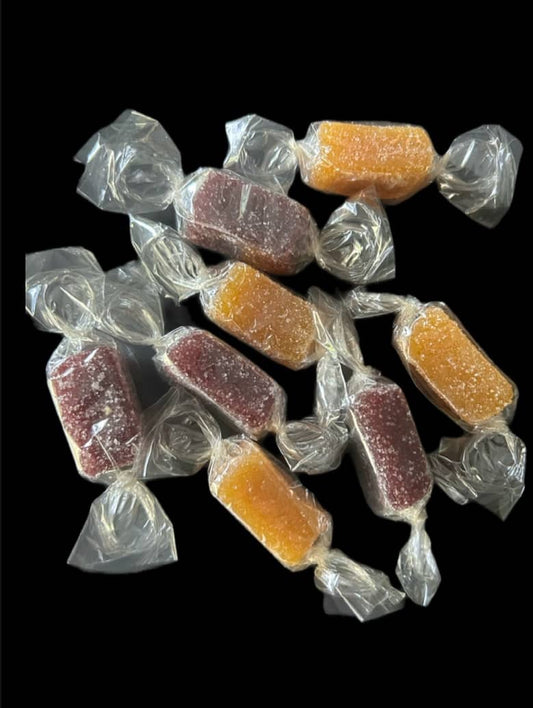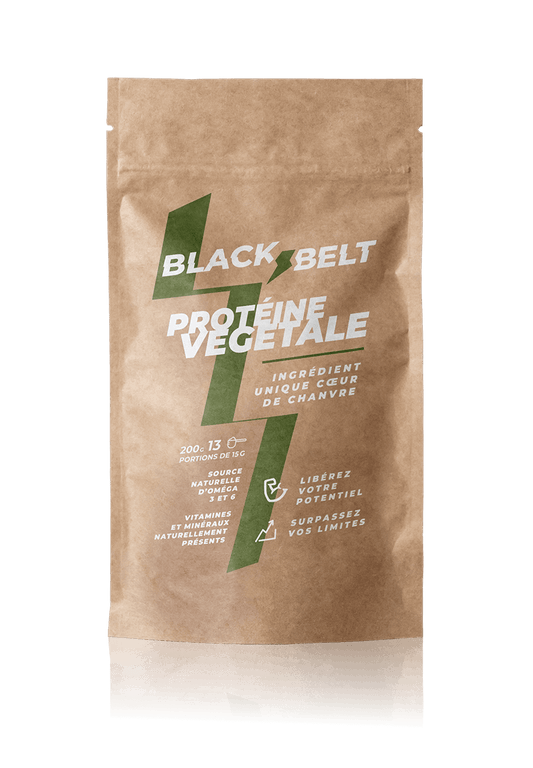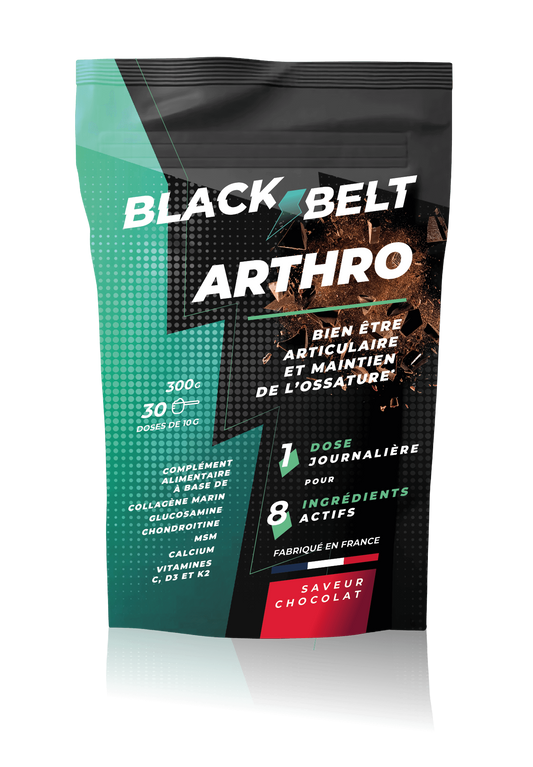
Drastic diet = danger?
Share
The quest for a slimmer figure often pushes people to try drastic diets that promise rapid weight loss.
However, these diets can carry serious health risks.
This article explores what rapid weight loss involves, the types of diets that promote it, and ways to lose weight safely and sustainably.
What is rapid weight loss?
Rapid weight loss generally refers to losing more than 0.5 to 1 kilogram per week.
While this may sound appealing to those looking to shed excess pounds quickly, this approach is often unsustainable and can lead to health complications.
Dehydration
The initial rapid weight loss is often due to water loss, which can lead to dehydration.
Muscle loss
Rapid weight loss can result in the loss of muscle mass instead of fat.
Nutritional deficiencies
Restrictive diets can deprive the body of essential nutrients, leading to deficiencies.
What type of diet promotes rapid weight loss?
There are several types of diets that promote rapid weight loss, but not all of them are safe or recommended.
Here are some common examples:
Very low calorie diets (VLCD)
VLCD diets limit daily consumption to 800 calories or less.
Risks: Nutritional deficiencies, fatigue, weakness, gallstones.
Detox diets
These diets often involve prolonged fasting or the exclusive consumption of juices and smoothies.
Risks: Electrolyte imbalances, protein deficiencies, low calorie intake.
Diets excluding food groups
Some diets, such as the ketogenic diet, exclude almost all carbohydrates, or others exclude fats or proteins.
Risks: Nutritional imbalance, difficulty maintaining the diet in the long term, digestive side effects.
How to Lose Weight Safely?
Losing weight safely and sustainably involves a balanced and gradual approach.
Here are some tips to help you achieve this:
Eat a balanced diet
Vary Your Foods: Include fruits, vegetables, lean proteins, whole grains, and healthy fats.
Control Portions: Monitor portion sizes to avoid excess calories without eliminating entire food groups.
Increase your physical activity
Regular Exercise: Combine endurance exercises (such as walking, running, or cycling) with muscle-strengthening exercises.
Daily Activities: Incorporate more movement into your daily routine, such as taking the stairs instead of the elevator.
Set realistic goals
Progressive Goals: Aim for a weight loss of 0.5 to 1 kilogram per week to ensure healthy and sustainable weight loss.
Track: Use a food journal or tracking app to stay on track.
Hydrate yourself well
Drink Enough Water: Maintain good hydration, as sometimes the feeling of hunger can be confused with thirst.
Avoid Sugary Drinks: Limit consumption of sodas, sugary juices, and alcohol.
Consult a healthcare professional
- Medical Monitoring: Work with a nutritionist or dietitian to create a personalized and safe weight loss plan.
- Regular Check-ups: Have regular check-ups to monitor your health and adjust your diet plan if necessary.
Conclusion
Crash diets may seem like a quick fix for weight loss, but they carry significant health risks and are not sustainable.
Safe and sustainable weight loss relies on a balanced diet, regular physical activity, and realistic goals.
By following these tips and consulting with health professionals, you can achieve and maintain a healthy weight without putting your well-being at risk.































